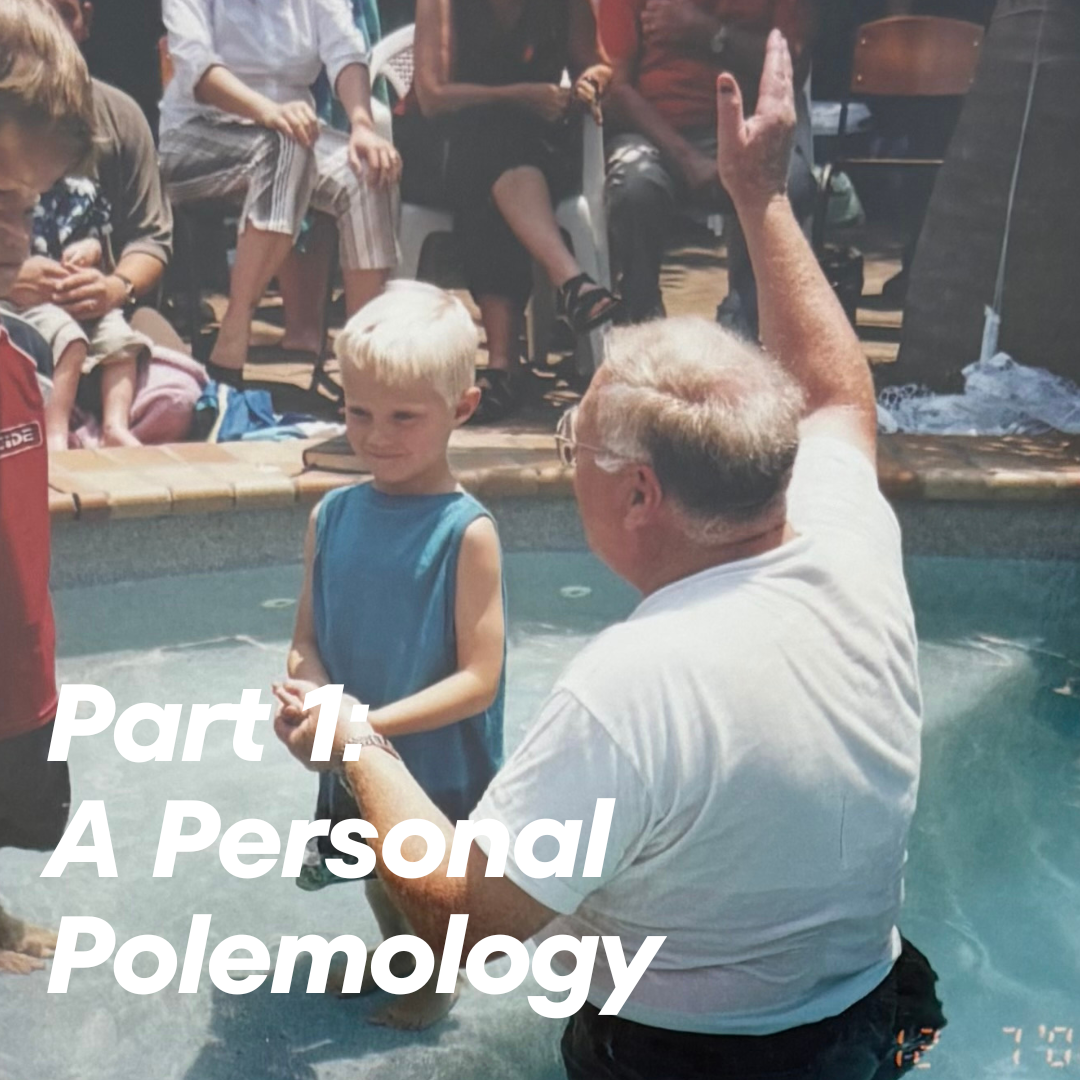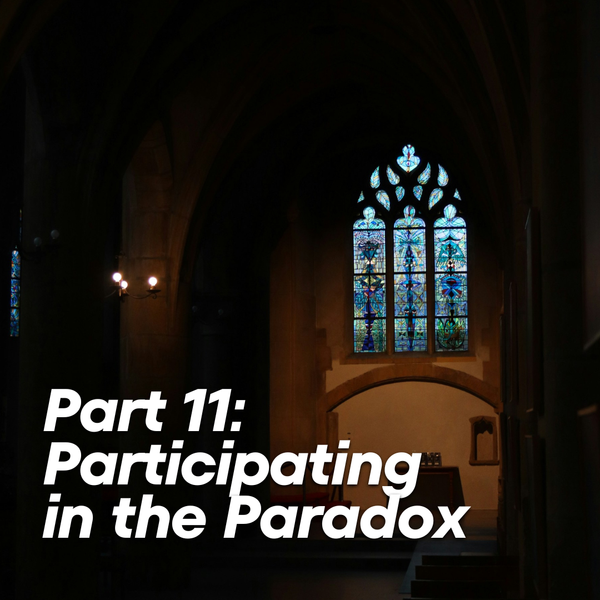Part 1: A Personal Polemology: Three Vignettes from a Decade-Long Holy War

You say that I showed you the light,
but all it did in the end
was make the dark feel darker than before.
— Lucy Dacus
How wonderful to be hidden,
how terrible not to be found.
— D.W. Winnicott





